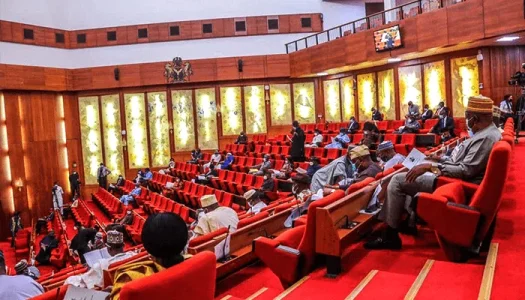
A federal judge has temporarily blocked Donald Trump’s executive order to end birthright citizenship, calling it "blatantly unconstitutional." The controversial order, challenged by 18 states, sought to overturn the constitutional guarantee. This ruling adds to the contentious immigration debate that marked Trump’s presidency and his crackdown on U.S. immigration policies.
A federal judge has issued a temporary block on former President Donald Trump’s executive order to end birthright citizenship in the United States. The decision, delivered by Judge John C. Coughenour in Seattle, follows lawsuits filed by attorneys general from 18 states. These legal challenges argue that the executive order, which sought to overturn the constitutional guarantee of birthright citizenship, is unconstitutional.
The policy, signed on Trump’s inauguration day, was scheduled to take effect on February 19. However, during a court session, Judge Coughenour criticized the order as “blatantly unconstitutional,” adding that it was one of the clearest instances of overreach he had encountered in his 40-year legal career. He questioned the Justice Department's defense of the policy, stating that its constitutionality could not be confidently argued.
The executive order was part of Trump’s broader immigration crackdown, a key focus of his campaign. In addition to the order, Trump recently directed the deployment of 1,500 troops to the U.S.-Mexico border, with reports suggesting up to 10,000 could be mobilized to prevent illegal crossings.
Critics argue that such actions undermine constitutional principles, while supporters contend they are necessary for national security. The case is expected to proceed swiftly as parties seek a final ruling before the order’s proposed implementation date.




